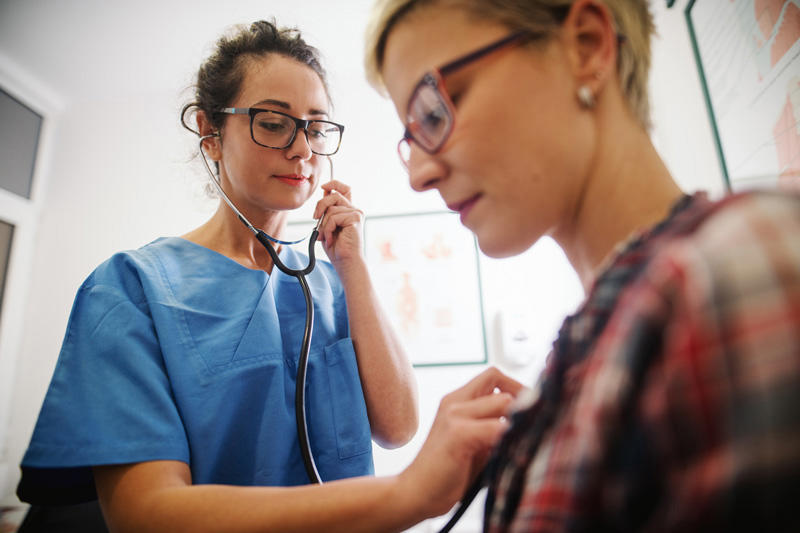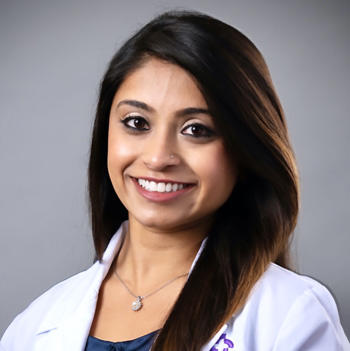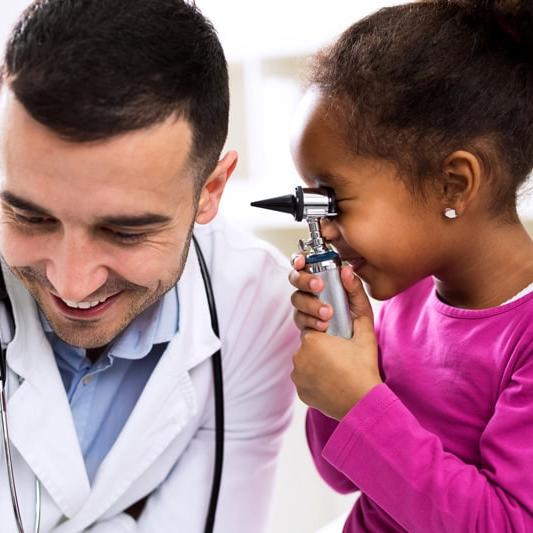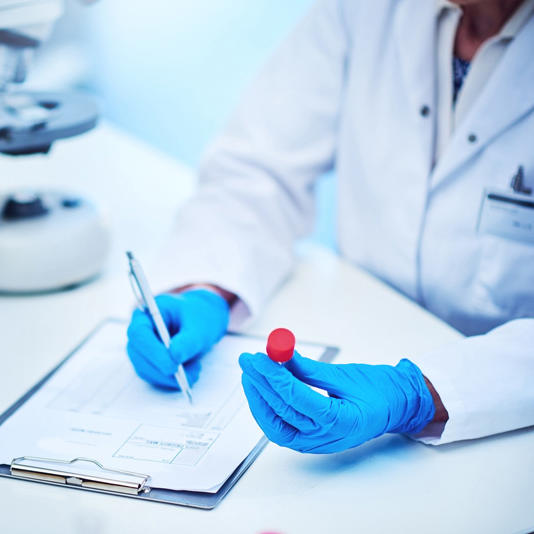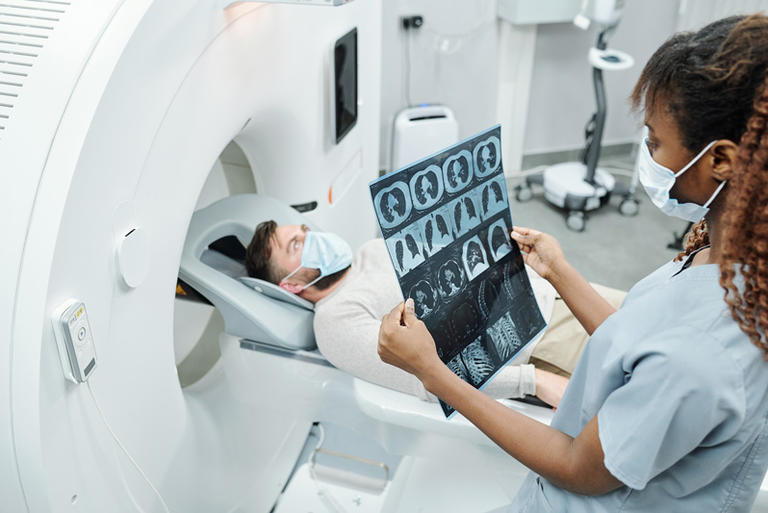What Is a Cardiologist?
If you are interested in affairs of the heart, then you may consider a career as a cardiologist—a doctor specially trained in finding, preventing, and treating diseases of the heart and blood vessels (the cardiovascular system). As a cardiologist, you will understand the processes and prevention of heart disease, as well as how to improve survival rates and the quality of life for people who have suffered from such cardiovascular maladies as heart attacks and coronary artery disease.
If you are considering a career as a cardiologist, ask yourself these questions:
- Are you fascinated by the cardiovascular system?
- Do you want to study a dynamic and constantly evolving science?
- Do you want a field that offers professional challenges and specialized options?
- Are you passionate about helping people with heart disease—a leading cause of death in the United States?
- Do you want a career in one of the most in-demand fields of medicine?
- Do you want to focus on treating adult patients rather than children (pediatric cardiology is a separate field)?
If your answer to these questions is “yes,” then cardiology may be the specialty for you.
What Does a Cardiologist Do?
You may be wondering exactly what does a cardiologist do?A cardiologist is an internist who specializes in cardiology. A cardiologist will diagnose, help prevent, and treat cardiovascular and coronary artery diseases as well as heart disease, heart failure, and heart rhythm abnormalities. Cardiologists may also pursue a variety of subspecialties within the scientific field of study. Many people ponder the question: do cardiologists do surgery? A cardiologist may insert a pacemaker or perform angioplasty or heart catheterizations, but cardiologists are not heart surgeons. Cardiologists work with patients suffering from such conditions as:
- Angina
- Arrhythmia
- Cardiomyopathy
- Congenital heart disease
- Coronary artery thrombosis or myocardial infarction (heart attack)
- Diseases of the arteries
- Heart murmurs
Many cardiologists are also active in academic circles and participate in conferences and publications dedicated to advancing cardiovascular knowledge and therapeutic options.
How to Become A Cardiologist
To become a cardiologist, you must first become a physician by graduating from an accredited medical school*—such as Ross University School of Medicine (RUSM). The steps to a medical degree at RUSM, which is located on the Caribbean island of Barbados, are the same as at United States-based schools: two years of medical science classes and two years of hands-on clinical training. For RUSM students, the medical sciences curriculum is completed on the Barbados campus; the clinical training can be completed at affiliated teaching hospitals in the United States.
During clinical training, RUSM students complete core rotations in internal medicine (which includes cardiology), surgery, pediatrics, family medicine, obstetrics/ gynecology, and psychiatry. Each individual student, then, selects from among 40 specialty elective clerkships to fulfill their remaining clinical requirements.
During the fourth and final year of medical school, students prepare for the next step in their medical education: residency. At RUSM, the Office of Career Advisement (OCA) helps students determine which residency specialty suits them best. The OCA then helps students negotiate the National Resident Matching Program® (NRMP®)—a placement system which medical students who want to obtain licensure in the United States use to “match” with a medical residency. Residencies are required to become a licensed physician, and they last from three to eight years. Future cardiologists first complete a three-year residency in internal medicine. The internist must then complete three to five years of accredited cardiovascular training—two years of which must include clinical training in the diagnosis and management of cardiovascular diseases.
In 2021, RUSM had a first-time residency attainment rate of 92 percent for 2020-2021 graduates, a match percentage rate comparable with the overall match rate (93 percent) for medical schools in the United States. In recent years, RUSM MDs have matched with internal medicine residencies in such hospitals as the Atlanta Medical Center in Georgia; Danbury Hospital in Connecticut; Mount Sinai Hospital in Illinois; and St. Joseph’s Medical Center in California.
After the successful completion of cardiovascular training, a doctor is eligible to become certified by one of the boards of the American Board of Medical Specialties and then gain membership in the American College of Cardiology®. Doctors who want to subspecialize in a specific field of cardiology must then take an additional year or two of fellowship training.
Meet A Cardiologist
Natasha Mamdani, MD, a 2013 RUSM graduate, is a noninvasive cardiologist at Wellstar North Fulton Cardiovascular Medicine in Roswell, Georgia. We asked Dr. Mamdani to describe the role of a cardiologist.
Q: Why did you decide to go into cardiology?
A: I have a very strong family history of heart disease, so it's very close to my heart. I have always wanted to contribute to the prevention and management of heart disease. Cardiovascular physiology intrigued me. Every patient is different and every condition presents differently in each individual, allowing for personalization of medical care for each one of my patients.
Q: Any advice to medical students considering the specialty?
A: Follow your heart when you are picking your specialty. The opportunities in the field of cardiology are endless. It allows physicians to acutely manage patients and follow them throughout their care, paving the way for both primary and secondary prevention.
Q: What’s the most rewarding part of your job?
A: It is very rewarding to have the opportunity to have impactful interactions with patients and their families. Being able to treat patients with life-threatening conditions is immediately gratifying and following them throughout and helping them live a heart-healthy lifestyle, thereby preventing heart attacks, makes it even more rewarding. It is a field that requires critical thinking, which I love!
A Career in Cardiology
Cardiologists may work in a clinic, hospital, or medical office, and some have their own private practice. Most time is spent caring for patients and doing laboratory work, but many hours are spent in meetings and on administration tasks as well. Hours are also spent consulting with other specialists, doing research, studying, and teaching. Aside from the regular work week, most cardiologists are also on-call—available for consultation at night or on days off. Many cardiologists work long, irregular hours.
Because cardiovascular diseases are the major cause of morbidity and mortality in the United States, cardiologists can have a great impact on the individual lives of patients as well as overall community health.
Demand for Cardiologists
Cardiologists are in high demand and they will continue to be so as the world population ages and shows ever higher rates of cardiovascular disease. Cardiologists—like doctors in all medical fields—are also an aging population, and as those doctors retire, the United States will see an increasing shortage of cardiovascular specialists. In July 2020, an Association of American Medical Colleges report showed that one third of United States physicians are aged 60 or older, and well over half—57 percent—are over 50.
Take the next step on your path to a specialization in cardiology: apply for admission to the Ross University School of Medicine.
Related resources:

